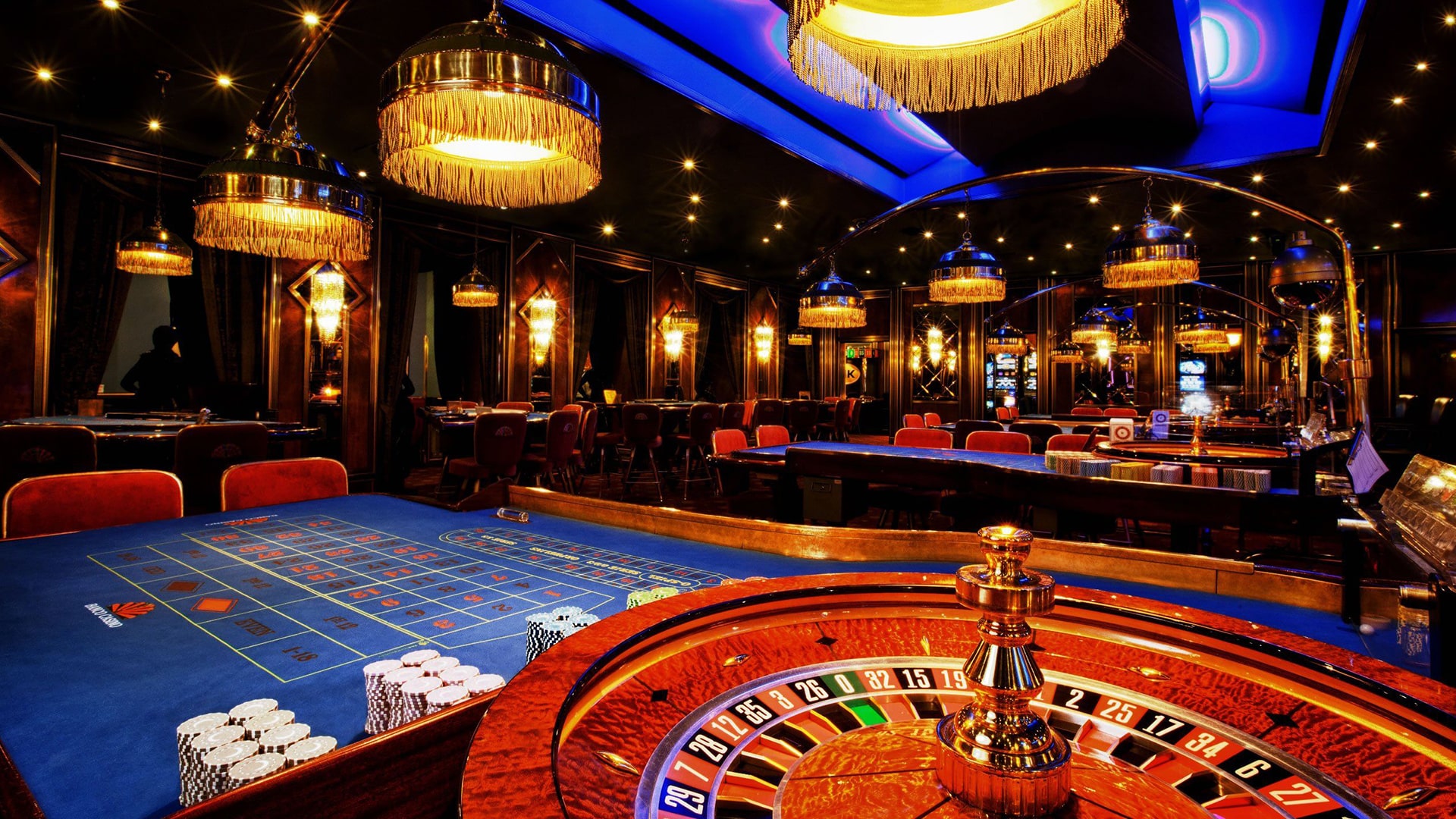
Gambling games have long been a staple in human culture, providing not just entertainment but a intriguing reflection of our aspirations, ambitions, and concerns. From the spinning reels of a slot machine to the skill-based strategies of poker, these games represent a spectrum of human emotions and experiences. At their core, casino games are more than a chance to make profits; they are a snapshot of life itself, where danger and gain converge and fortunes can change in an moment.
As players gather around tables or sit in front of vibrantly illuminated machines, they engage in a ceremony that transcends mere gambling. These games mirror our natural desires for social interaction, excitement, and the quest for chance. They also reveal deeper truths about human psychology, such as our relationship with fate and the adrenaline of uncertainty. In exploring casino games, we reveal not only the rules of play but also the rich tapestry of the human experience, showcasing our interconnected narratives of goal and reality.
The Mind Behind Gambling
Gambling is intrinsically connected in human psychology, tapping into various emotions and wants. ไฮโลออนไลน์ The excitement of taking risks is a fundamental aspect that attracts participants, whether it’s thrill of spinning a roulette or the anticipation of drawing a winning hand in poker. This rush of adrenaline is frequently likened to other forms of thrill, as the uncertainty of outcomes elicits a unique psychological response. Players often become captivated by the chance of striking it rich, leading to an irresistible draw toward gambling games.
Another, an essential component of the psychology behind gambling is the concept of hope and aspiration. Participants often indulge in fantasies of financial freedom and the luxurious lifestyle that can follow winning. This optimism fuels their continued participation in casino games, as it provides a sense of purpose and the belief that a life-changing win could be just one wager away. The narrative of beating the odds and finding success resonates with many, reinforcing their commitment to play and engage with these games.
Finally, social aspects play a significant role in gambling psychology. Casino environments are designed to foster social interaction, where gamblers gather to share the journey of wins and losses. This shared aspect not only amplifies enjoyment but also influences behavior, as individuals often mimic the actions of others around them. The collective approval found in shared excitement can magnify the emotional experience, making casino games a mirror of not just personal desires but also shared involvement within the gambling community.
### Risk and Reward: A Double-Edged Sword
Casino games embody the fragile balance between danger and reward that resonates deeply with the human experience. The thrill of placing a bet is often accompanied by a surge of excitement, as participants are confronted with the chance of a huge payout, yet conscious of the risk to lose. This bipartisan experience reflects a fundamental aspect of life: the choices we make often come with intrinsic risks, and the chase for gain can drive us to make risky moves we might not typically consider. In this way, gambling activities mirror real-world decisions, enticing players to risk not just their capital, but also their dreams.
The allure of grand jackpots and payouts fuels a sense of optimism, encouraging gamblers to envision a better future that could manifest from a single victorious spin of the wheel or dealing of a hand. This hope can drive individuals to engage in greater risks, pushing them to push their boundaries in search of financial gain. However, just as in life, the results of these risks can lead to both triumph and despair. The stories of both big winners and those who have suffered everything at the casino demonstrate the chaotic nature of luck and its consequential effect on our existence.
Ultimately, the experience of engaging with casino games serves as a strong reminder of the nature of humanity. Every round played is filled with the tension of risk, as players weigh the gains against the dangers. This interaction not only highlights the excitement that comes with betting but also reveals the weaknesses that come with the desire for more. As we explore the challenges of decision-making and consequence in both the gambling world and in life, we find that the search for benefit shapes our identities and lives in significant manners.
Community and Isolation in Casino Culture
Casino environment is a unique blend of social engagement and personal pursuit, reflecting the dualities of human experience. Gamblers often come together around tables, experiencing in the excitement of the action, rejoicing in wins, and commiserating over losses. This social aspect is vital, as it creates a sense of community and bonding among varied groups of people. Regular visitors to gaming establishments may form friendships and establish routines, turning the casino into a second home where they experience linked to a larger community of players.
However, the appeal of casino games can also lead to loneliness. As players become engrossed in the thrill of playing, they may withdraw from personal relationships or neglect to engage with the environment outside the casino. For some, the search of a jackpot can distract from genuine relationships, leading to isolation. The situation of being surrounded others yet feeling solitary is not uncommon, as the attention shifts from shared enjoyment to the individual stakes of each individual’s journey.
This interaction of society and solitude creates a vivid tapestry that defines casino atmosphere. It highlights the complexity of human interactions, where joy and despair coexist. Casinos serve as both a sanctuary for social interaction and a platform for individual struggles, demonstrating how deeply connected our desire for connection and the personal quest for wealth can be. In navigating this environment, players confront their own stories—seeking both the thrill of the game and the companionship of other players, eventually mirroring the broader spectrum of human experience.
